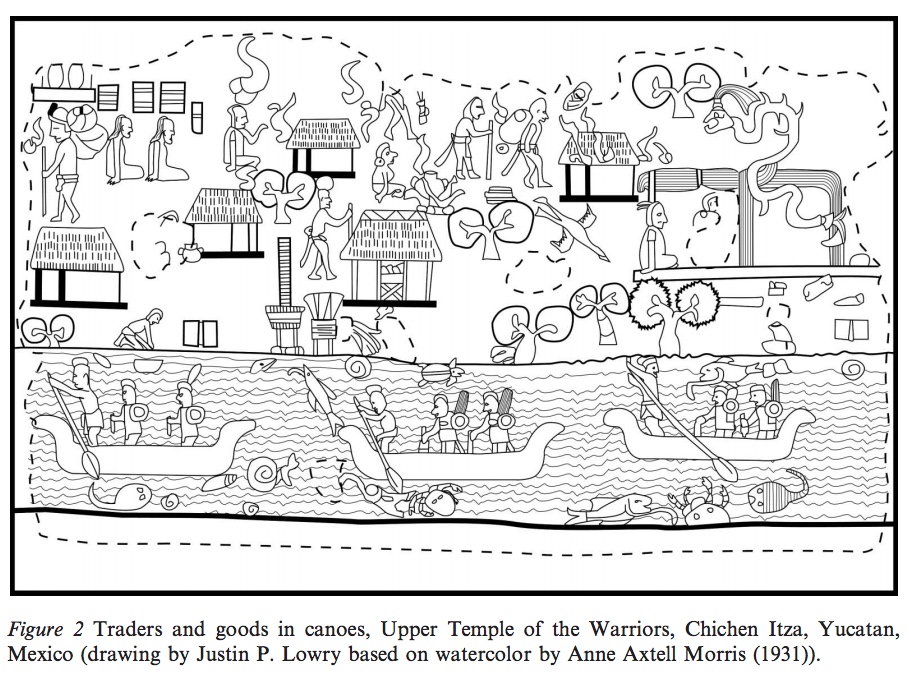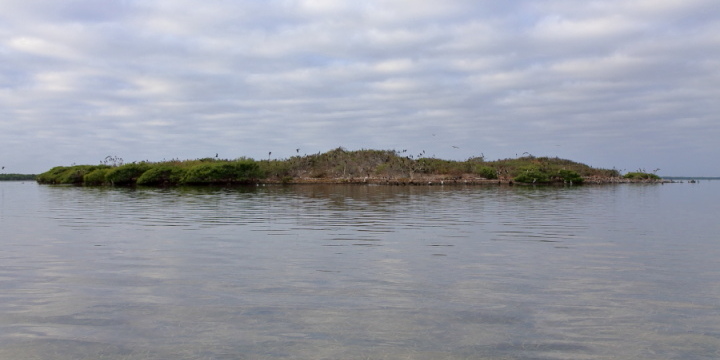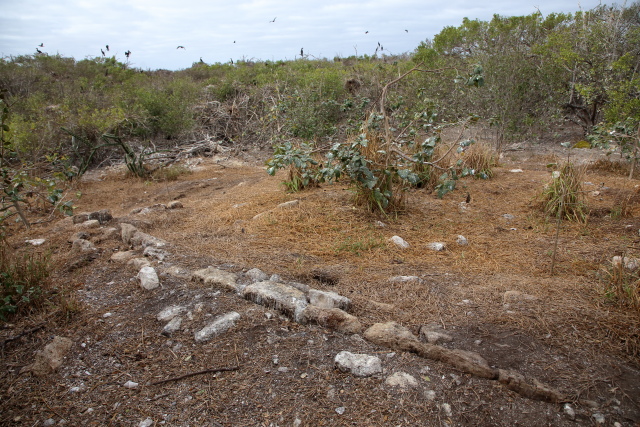Most of the action in book three, “Collapse,” (of my Crossover series) takes place on Isla Cerritos, which was a trading port connected to Chichen Itza. An artifact illustrates the importance of trade:
An obvious question: what is/was the terrain of Isla Cerritos? And what was the appearance then as well as now?
Luckily, there have been several archaeological projects done on that island. I found the following reports to be very helpful:
- https://www.researchgate.net/publication/281224361_Isla_Cerritos_an_Itza_trading_port_on_the_north_coast_of_Yucatan_Mexico by Anthony Andrews, F R Castellanos, T G Negron, & P C Rivers.
- https://www.researchgate.net/publication/232838123_The_Travels_of_Maya_Merchants_in_the_Ninth_and_Tenth_Centuries_AD_Investigations_at_Xuenkal_and_the_Greater_Cupul_Province_Yucatan_Mexico by Traci Ardren & Justin Lowry.
And while the island is hard to get to, a visit was photographically documented in the following article:
The island is small and only a few meters (my characters are starting to use the measurement “strides” which is about a meter) high:
It is thought that the island was “mined” for the stone after it was abandoned (When? Probably when Chichen Itza fell around 1200 CE or so). So today, there’s not much remaining:
How archaeologists view Isla Cerritos today:
So we know it’s a small island, not very high. But what did it look like in the 11th century? Here’s where literary license (and a lot of reference books) come into play. Surata (Brent’s daughter!) made this drawing as they approached the island:
While on the island, Brent made this rough sketch:
Fox, Vulture, Deer, and Jaguar are the names of the elite clans/families who run this trading island.
Caveat: Brent and Surata are likely to improve their sketches.
The name “Isla Cerritos” is Spanish. I’ve tentatively called it “Turtle Island” in the book. Any suggestions as to a better name?
Interested in the Maya? Allow me to suggest: “Maya to Aztec: Ancient Mesoamerica Revealed” by Dr. Edwin Barnhart (put out by The Great Courses). A great primer! 48 lectures on 8 DVDs. (It’s probably in your local library).
Questions or comment are welcome! Send to walt@waltsocha.com






